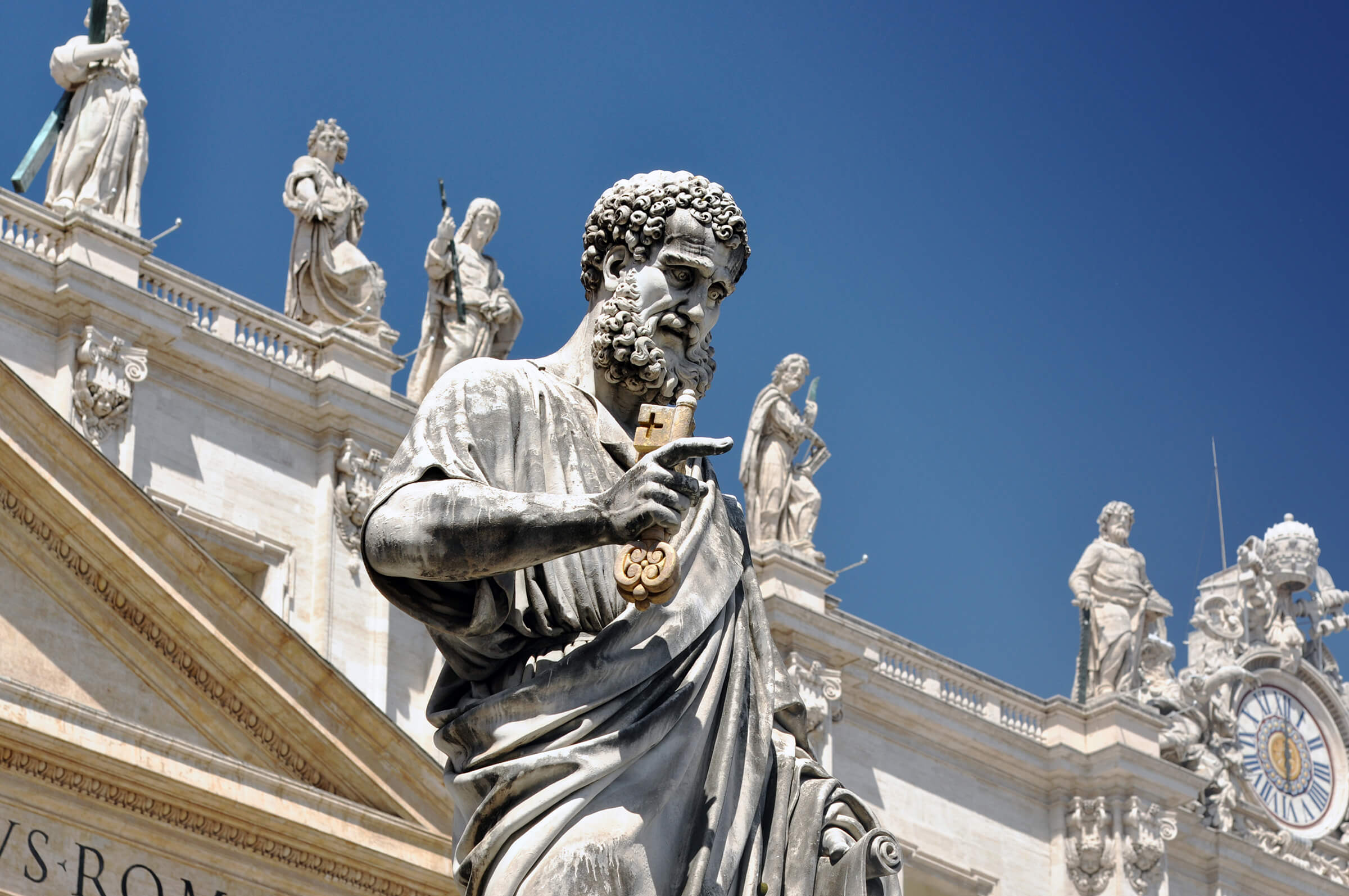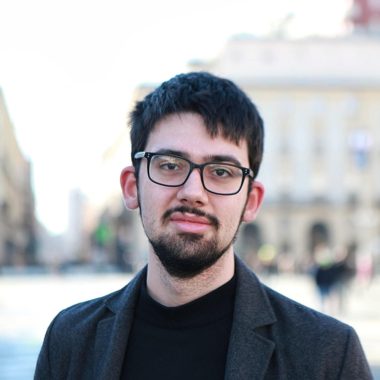When Ukrainian missiles, at the beginning mistakenly identified as Russian, hit Polish (NATO) territory, leaders throughout the have started thinking about an end to the Russian war before it gets even more out of hand.
The US stance on a negotiated end to the conflict seems to have shifted slightly after the rockets, as it did with most Western leaders, highlighted by significant attempts to bring the sides to a common table by French President Macron and German Chancellor Scholz, possibly with China’s help.
Regarding the first European leader, his efforts cannot only be seen as an expression of the usual French spirit of grandeur and will to be a major international actor. He has expressly called for negotiation several times and he discussed the matter during a long meeting with Pope Francis last October 24th, before the Polish incident, revealing how the Vatican is playing a big role in the French attitude.
France has always been known as “the eldest daughter of the Church”, and despite some very anti-clerical periods when they nationalized churches (1905), ties between Vatican and Paris has often been strong.
Of course, we are not saying that the Vatican is using France as a puppet, but that the convergence of their stances has historical roots. But if Macron and other political leaders have to be wary about their pseudo-neutralist will, Pope Francis, due to his moral authority, can go further. Recently he offered himself as a mediator, and he has often criticized some narrations of the war for being too much one-sided, stating that even if Ukraine is the victim “you have to investigate the dynamics that developed the conflict,” and, according to some reports, even criticizing NATO enlargement.
This Vatican attitude has already started to push other political leaders to call for an immediate peace. In Italy the opposition leader Giuseppe Conte, former PM during the pandemic, has received several endorsements by Cardinals and Church’s bodies due to his pro-peace stance. But the game that Pope Francis is playing is far more important than the internal politics of any western country.
The Church, meant as an international organization, is on the brink of its largest crisis since the Lutheran Reform. In China the Communist Party is gaining grip on the local Catholic Church, imposing its favored bishops and sending to trial prominent members of the clergy and even a Cardinal. In Germany, the local Catholic church is breaking up with Rome on the ground of LGBTQ marriage and rights, marking a schism that no one has yet acknowledged publicly. Pretty the same is happening in lots of northern European countries, meanwhile scandals regarding pedophilia have risked several times to cover with mud the former Pope Benedict the 16th, accused to have protected pedophile priests when he was a cardinal.
The Church’s stance in the world therefore is weak, and failing to play a key role in the Ukrainian crisis would be for the Vatican the eventual failure in a chain of sufferings, and would pave the way for the Pope’s power to being pointless in international relations.
Thence it goes without saying that for the Vatican this is a life-or-death issue, where there are of course genuine purposes for a reconciliation in Ukraine, but that have to be put alongside a will of the Vatican diplomacy to still matter.
Yet the biggest obstacle on this path seems to be Ukraine itself, who doesn’t seem enthusiastic about the Peace project prospected by the Holy See, with many Ukrainian officials that would rather die than recognize Russian sovereignty on a centimeter of Ukrainian land.
In fact, there are once again in history two perspectives running, the spiritual one, where land, politics, and negotiation are just a tool for a higher goal, and the temporal one, where the land and the politics, the independence are values to struggle and die for. It is rather difficult for these two opposing attitudes to find a compromise, maybe harder than one between Moscow and Kyiv.
Pope Francis knows all of this, but nevertheless it should be no surprise his attempt to lead to a de-escalation of the conflict. The Church has always been doing it, and, whether anyone can find it rightful or not, it’s its way to survive.
Author
-

Dario Pio Muccilli is the Star-Revue’s Italian correspondent, based in Turin. Email him at muccillidariopio@gmail.com
View all posts
Dario Pio Muccilli is the Star-Revue’s Italian correspondent, based in Turin. Email him at muccillidariopio@gmail.com










